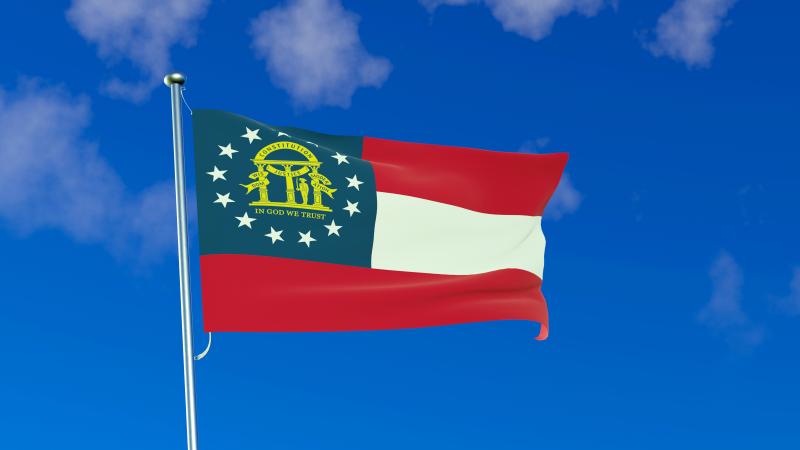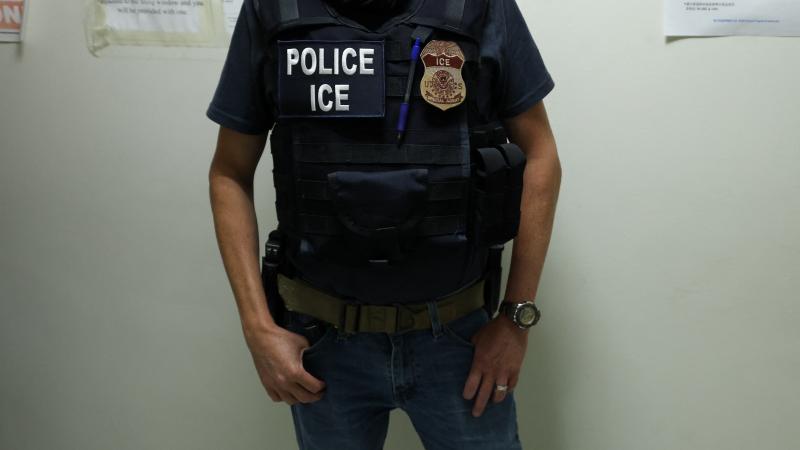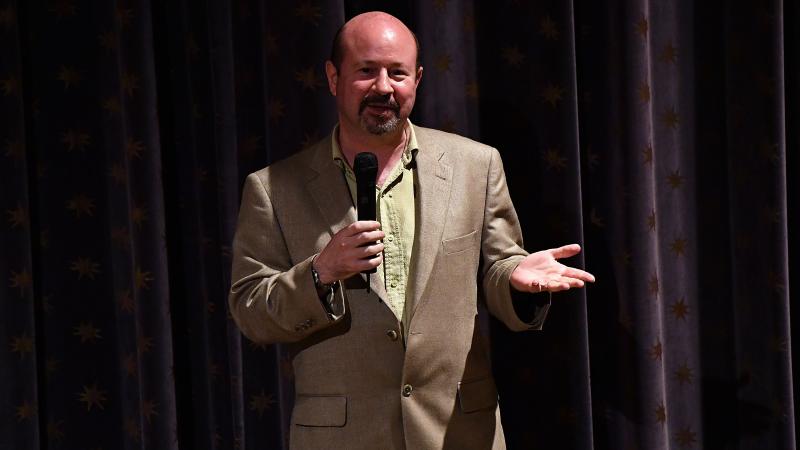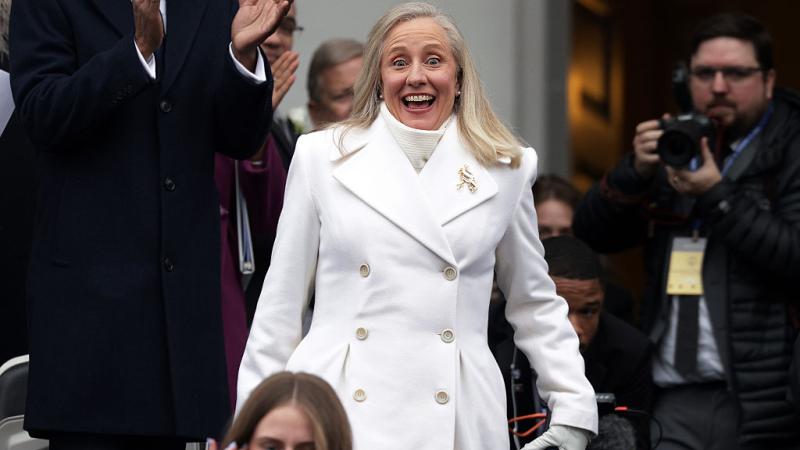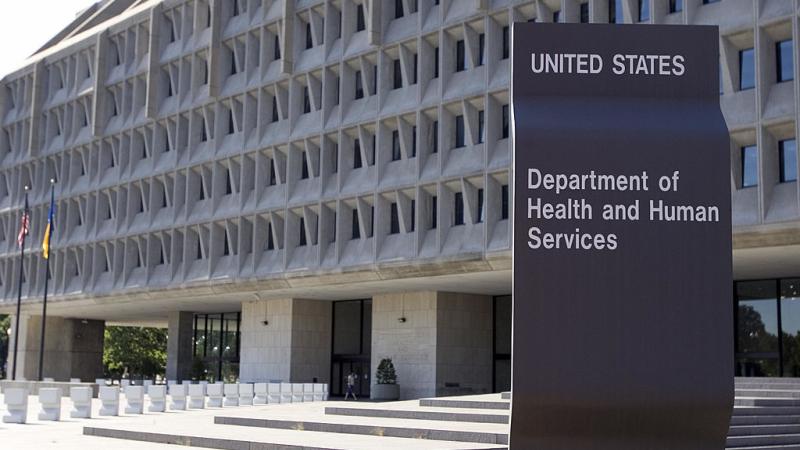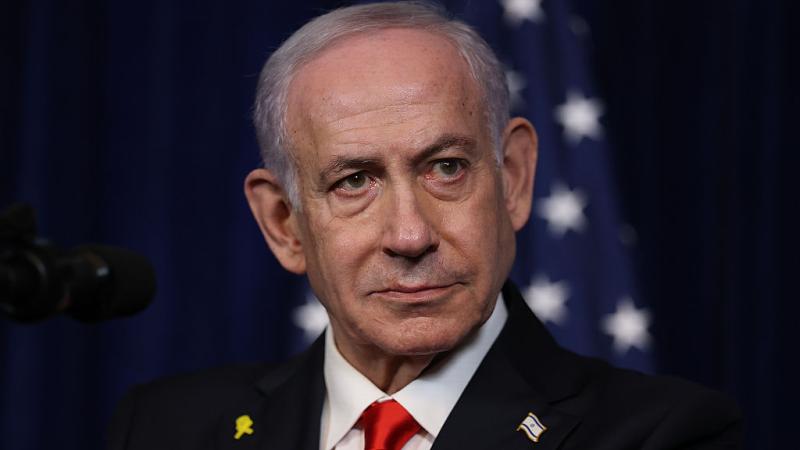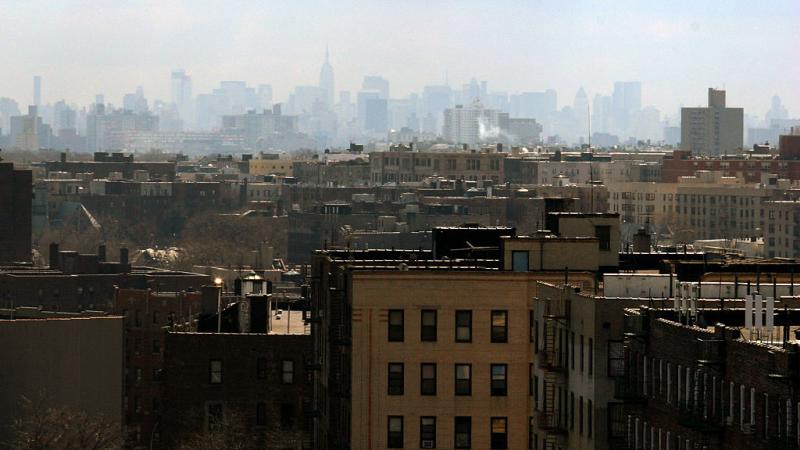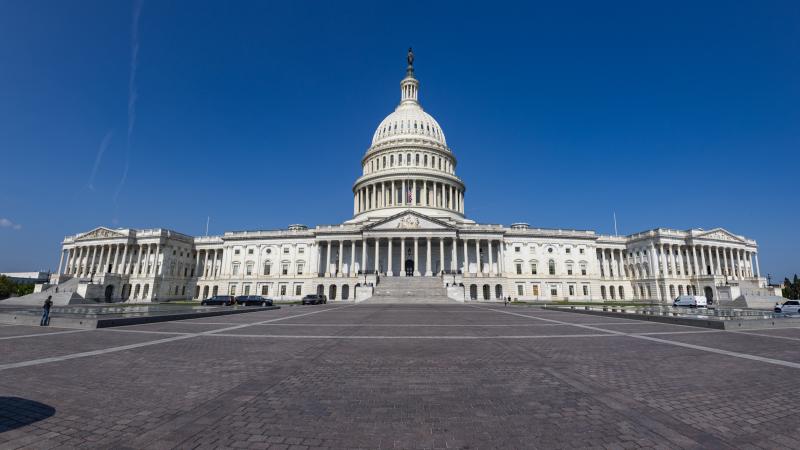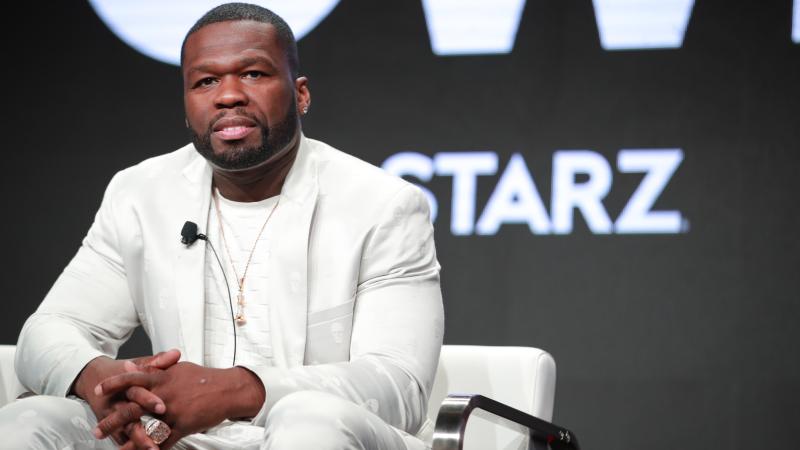White House says there are no plans to arrest sanctuary mayors and governors
White House Press Secretary Karoline Leavitt says she doesn’t expect mayors or governors of sanctuary jurisdictions like Illinois being arrested unless they commit crimes.
(The Center Square) -
White House Press Secretary Karoline Leavitt says she doesn’t expect mayors or governors of sanctuary jurisdictions like Illinois being arrested unless they commit crimes.
At a press briefing Monday, Leavitt was asked specifically about Evanston Mayor and former state Sen. Daniel Biss, D-Evanston, and other elected officials involved in protests and riots against U.S. Immigration and Customs Enforcement.
“Unless they commit a crime, I don’t see them being arrested, but if they are violating federal law, if they are violating state law, then, of course, they should be arrested by state and local law enforcement. If they are violating federal law, then they can expect the consequences of that behavior,” Leavitt said.
Biss and Illinois Lt. Gov. Juliana Stratton were among the politicians who joined protesters at the ICE facility in Broadview last week.
ICE has arrested hundreds of noncitizen migrants since the Department of Homeland Security launched Operation Midway Blitz earlier this month.
President Donald Trump promised Sunday that his administration would save Chicago from “horrible” crime.
State Rep. La Shawn Ford, D-Chicago, criticized the president for cutting at least $150 million from violence prevention programs.
Ford said sending the federal National Guard to a city is different than the state National Guard being called in by the governor.
“When the national convention was here, the DNC, there was state National Guard that helped patrol the streets and protect and deter crime,” Ford told The Center Square.
Ford is running for the U.S. House seat in Illinois’ 7th Congressional District. He said it seems to him that the president wants a police state while constituents want collaboration.
“They are saying that they wish that the federal government and the state and the cities could work together to figure out how to best deter crime. I feel the communities are trapped in a political war while lives are at stake,” Ford said.
Republican P Rae Easley is Ford’s potential opponent in the 2026 general election. Easley said it would help if state and local law enforcement worked in tandem with federal agencies to obtain a goal of safety and security in Illinois.
“Everyone in the country knows that the heroin highway exists right here on the West Side of Chicago off of I-290, and that they are selling almost $2 billion of heroin and people off of this road, which then permeates throughout the country,” Easley told The Center Square.
U.S. Rep. Danny Davis, D-Chicago, announced earlier this year that he would not seek reelection after nearly 30 years in office.
Greg Bishop contributed to this report.
